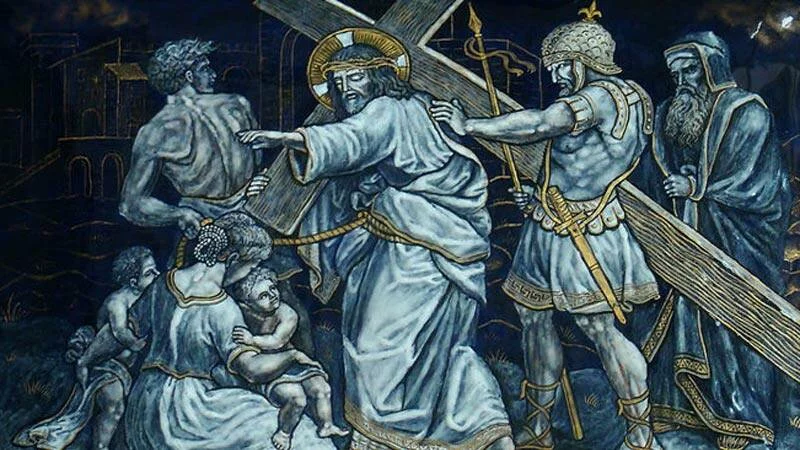Messianic expectation is a central aspect of Jewish eschatology, and throughout Jewish history, Psalm 95 has been seen as looking toward the reign of the coming king. It is not surprising, then, that Christian interpreters of the sixteenth century read these texts as clear references to Christ. Konrad Pellikan (1478-1556) argues here in reference to Psalm 97 that Christian exegetes insist that all Jewish preaching of the Messiah points to Jesus as the awaited eschatological ruler.
Jesus Is Messiah
The Jews also admit that this passage refers to the days of the Messiah [when] all nations will acknowledge and confess that there is only one God, who alone is the great King, and the God over all gods, in whose hand are all things that are in the world.For there is nothing so humble, nothing so sublime, abstruse, or visible, or eminent that it is not in the hand of our God. Therefore this already was in the preaching in the times of the apostles and of Christ the Lord, and today this even seems done by all. Because in the whole world only one God is acknowledged and worshiped, it is most firmly concluded—contrary to the Jews—that these are the times of the Messiah and they were begun in the former times. Additionally, Christians take care not to be a scandal to the Jews and Turks, [which it would be] if they venerate and worship another god besides the only God, erect idols against the clear law of God, or invoke gods, and make vows to [other] helpers, as if he is not the Lord of infinite mercy and truth. In whose power are all things, even the inscrutable things of the earth and sea, the secrets of all creatures, that the Creator clearly looks after and conserves all things, likewise that he knows and rules all created things. He even regards the most open and highest mountains, and sustains them by the power of his strength. For there is nothing so humble, nothing so sublime, abstruse, or visible, or eminent that it is not in the hand of our God.





Comments
Be the first one to make a comment!